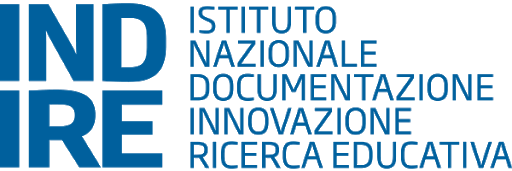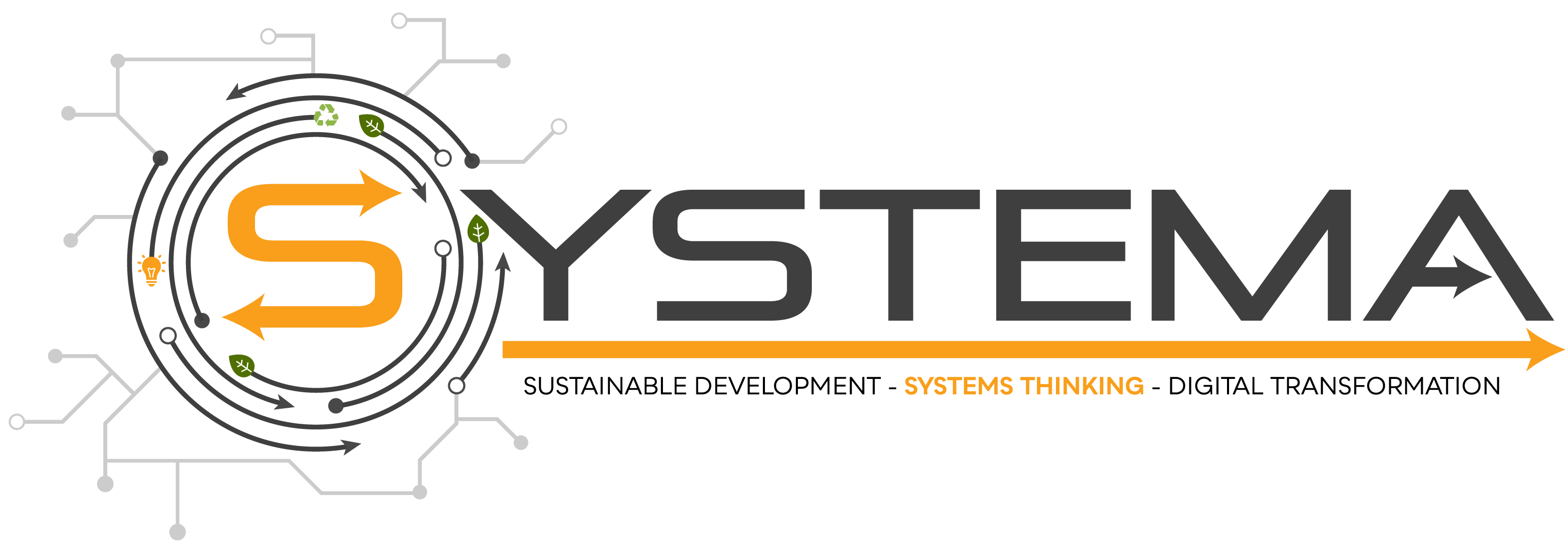There is a strong awareness that new types of skills are necessary if companies and public organizations are to face successfully the immensely complex and interconnected situations that are increasingly being witnessed. Let’s consider as an example the recent Covid-19 pandemic, whose understanding has undergone various interpretations and has provided for a lot of confusion in data understanding regarding the number of infected people per day, number of deaths and recoveries, etc., notwithstanding the fact that an epidemic has a typical behaviour over time (which depends on its peculiar aspects).
In other words, making sense of phenomena requires not only the capability to interpret data but to interpret the behaviour of the system underlying the generation of that data. In other words, we need to move from just the understanding of symptoms to the capability to understand the root causes, without “guessing” them (as it basically happens with stochastic methods), but by referring them to a systemic structure.
This realization has entered the public limelight and companies/institutions are raising their attention to the need to bridge a gap in the number of people in the organization with such appropriate skills that could in turn also teach/educate/train other employees; these skills are not limited anymore to technical knowledge but encompass an entire pool of transversal skills that include the ability to think critically, the spirit of initiative, the ability to solve problems in groups, to share a common vision, to get away from wrong mental models and cognitive biases, the capability to differentiate between an accumulation process and the accumulation itself (i.e.: deficit and public debt): in other words, the capability to think in systems. Such types of skills may appear abstract and vague, but they are exactly what will be required if we are to face and solve successfully many of the largest issues of the 21st century. Among these issues, in this project we will apply these skills to two very important aspects needed to change the way we live everyday on this planet: sustainable development and digital transformation.


Thus, the objective of the project will be to prepare and train in Systems Thinking (ST) the next generation of people that will become the trainers of tomorrow and that will be increasingly needed in public and private organizations across Europe. ST has become a key competence and can be considered as a way of thinking aimed at solving complex problems related to real-world uncertainty. It starts from the basic principle that the world is a system of highly interconnected natural, technical and social entities, hierarchically organized to produce behaviors observable by stakeholders.
So, ST is a tool with which it is possible to describe a system as a whole (in other words, by explicitly addressing the various interdependencies that are acting in a system and its non-linearities), highlighting its dynamic nature and the interactions that occur among the elements of the system and avoiding any simplification and/or linearization (linear thinking has led decision-makers to take linear decisions in a deeply non-linear world, hence producing huge disasters).
This systemic frame of mind is based on the following fundamental notions:
the ability to know how to observe and grasp the "circular" nature of the world in which we live awareness of the role of the "systems" structure in determining the situations we face.
the understanding that there are potentially unexpected consequences for the actions we take.
the understanding of the presence of delays between action and consequences.
Τhe understanding of stocks and flows dynamics (i.e.: the dynamics of accumulation processes).
The project will hence build on the above mentioned initiatives and produce a completely new educational framework that sees the application of ST to two key aspects in the future development of humankind:
digital transformations
and
the goals of the Agenda 2030
To achieve the objectives of the project the following activities will be implemented:
Teach ST skills and
approach
Teach System Dynamics as the operational/mathematical declination of ST
Build and develop relevant knowledge belonging to the issues of sustainable development and digital transformation
Develop interdisciplinary connections and improve activities and methods aimed at shaping ST skills and the systems approach
Create small synthetic environments where it will be possible to examine any studied content also under the influence of external conditions
Build and develop self-management skills


The European Commission support for the production of this publication does not constitute an endorsement of the contents which reflects the views only of the authors, and the Commission cannot be held responsible for any use which may be made of the information contained therein.
PARTNERS

